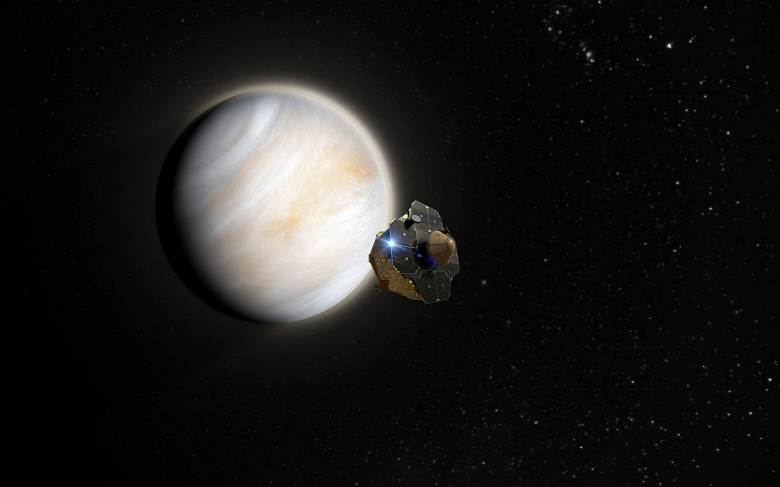Rocket Lab plans to launch a mission to Venus at the end of 2024, building on its experience from the previous lunar mission
At the Venus Exploration Group (VEXAG) meeting, Rocket Lab chief systems engineer Christopher Mundy announced that the company has set a launch date for a mission to Venus called Venus Life Finder of December 30, 2024.
The mission will send a small spacecraft to Venus. It is equipped with one instrument – an autofluorescent nephelometer, designed to detect organic compounds in the clouds of the planet. The mission proposed by scientists from MIT aims to search for biomarkers in the atmosphere of Venus.

Rocket Lab is preparing to launch a mission to Venus to search for biomarkers in 2024
Rocket Lab is collaborating with MIT and other institutions on this privately funded mission. The launch was previously scheduled for May 2023, but the company postponed it while working on other priority projects. Mandy noted that the Venus mission is a side project that is being developed “in the evenings and weekends.”
The company is currently in the process of preparing for the mission. Components such as the probe’s thermal protection system from NASA Ames Research Center and the core instrument from Droplet Measurement Technologies are expected to arrive by the end of the year. The spacecraft will then be assembled and tested next year.
The launch is scheduled for December 30, 2024. The 315-kilogram spacecraft will be launched into low-Earth orbit using an Electron rocket, followed by a series of orbit-raising maneuvers before heading to Venus for a flyby of the Moon. According to plans, the device will arrive at Venus on May 13, 2025.
Once separated from the main body, the probe will collect data for five minutes as it descends through clouds in the upper atmosphere. It will then transmit the collected data for 20 minutes until the atmospheric pressure reaches its maximum level at 22 kilometers altitude, at which time the temperature inside the probe reaches the limit values withstandable by the electronics.
The mission is being developed using technical solutions used in the NASA-funded CAPSTONE mission launched on an Electron rocket in June 2022. Using existing designs can reduce engineering work and reduce costs.
Rocket Lab has not disclosed the cost of this mission, but it is likely within the budget of NASA’s smallest class of planetary science missions, SIMPLEx, which has a cap cost of $55 million.




